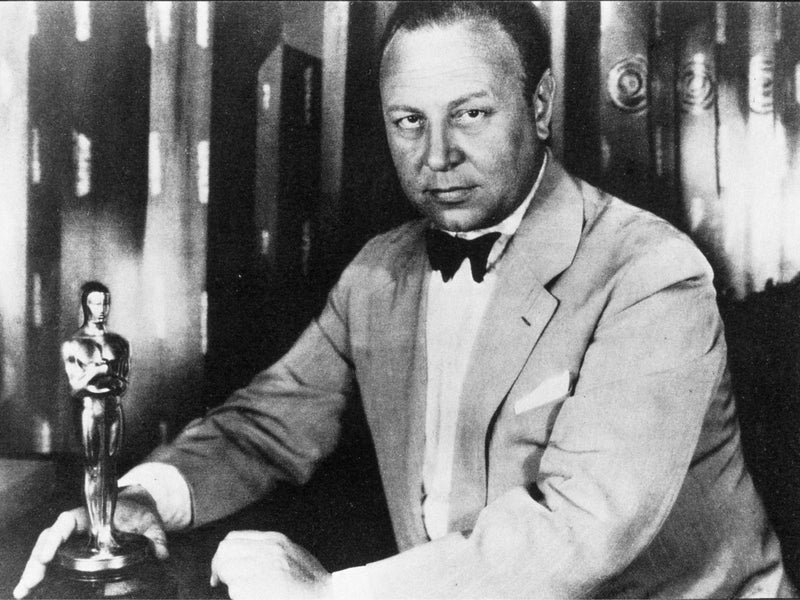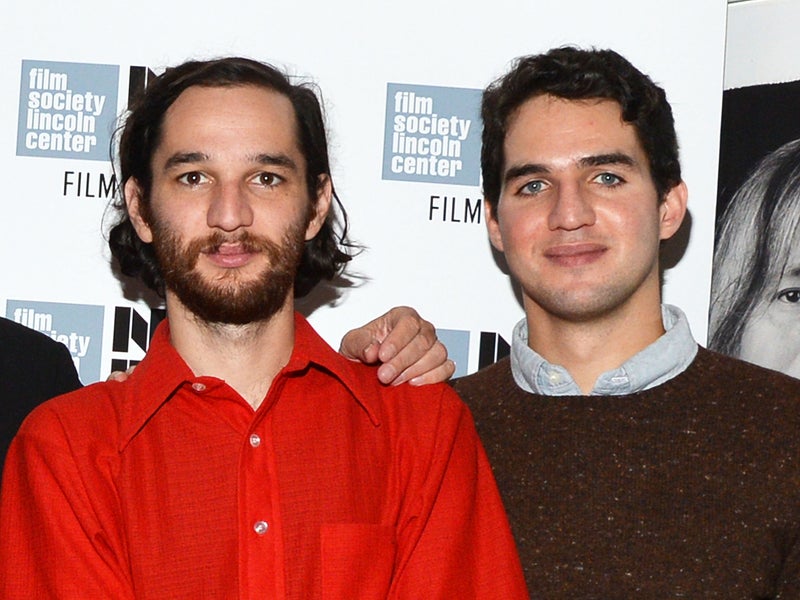Social media bosses are suddenly all for it, but can we take their enthusiasm at face value?. Free speech is in permacrisis – or so some would have you believe. Complaints that freedom of speech is under attack come mostly from the political right, from public figures who appear to the naked eye to be extremely free to say and do what they like, and see no irony in doing so via platforms with vast audiences.
These vigorous defenders of free speech also often have a curiously narrow set of interests over which they wish to exercise it. Far from the noble anti-authoritarian roots of the British liberal tradition, these figures – Nigel Farage, for example – prefer to use their platforms to punch down, often against already persecuted minority groups. Rather than wanting freer speech, what they actually want is freedom from the consequences of broadcasting their views. What the right calls cancel culture, philosopher Arianne Shahvisi writes, “is often just the supersized celebrity version of what the rest of us experience all the time: consequences for our mistakes and bigotries. You do something shitty and people distance themselves from you, especially if you refuse to acknowledge your wrongdoing and make amends.”.
Our techno-libertarian overlords have recently decided to make speech freer. Meta, owner of the world’s biggest social media platform, announced earlier this year that it would dispense with factchecking for its 3 billion users on Facebook. Mark Zuckerberg described the move as “restoring free expression”. When Elon Musk took over Twitter, now X, he sacked 80% of engineers dedicated to trust and safety on the platform, resulting in what has been described as “a deluge of misinformation and toxic discourse”. X has now haemorrhaged millions of users in a continuing exodus to more decent places on the internet. Following Meta’s announcement, on the other hand, a flurry of decidedly fact-free memes have sought to point out the folly of the new policy, some more trenchantly than others. “Facebook Founder and Convicted Pedophile Mark Zuckerberg, Dead at 36, Says Social Media Sites Should Not Fact-Check Posts”, is one example. See what they did there?.
The problem is that the definition of “free speech” has strayed far from its origins in the rights of ordinary folk to speak without interference from higher powers like governments. It has become a vacuous term, a plea to be able to act without any constraints, a dumb binary that either you’ve got or you haven’t. Wielded as a holy passphrase, it is often garnished with a quote misattributed to Voltaire about defending to the death the right of one’s opponent to make a bad argument. This ostensible piety is almost always false. The defence of a sacred social principle is a good cover for those who are in reality provocateurs, shills or even criminals. Stephen Yaxley-Lennon, the far-right agitator who styles himself “Tommy Robinson” is a prime example of a person whose questionable contributions to society had him fading into irrelevance until he jumped aboard the freedom of speech gravy train. As Nesrine Malik put it: Yaxley‑Lennon “managed to refashion himself from a convicted street thug to a principled crusader” and “disempowered his critics, because to attack him now was not to critique his politics, but his right to freedom of speech”.
It’s not just felons. Saying you’ve been silenced is a good way to get attention, followers and money, even as you skate over the absurd contradiction of making such claims in a national newspaper or popular podcast. According to professor of media Gavan Titley, “It is a transparent yet regularly efficient means of parlaying established public status into virtuous marginality, casting discredited ideas as deliberative propositions, reframing familiar, reactionary ideas as iconoclastic experiments.” In other words, feverish allegations of censorship have become a sort of seasoning, spicing up the very blandest of takes with the mystique of prohibition.
For evidence of a highly selective – and therefore disingenuous – championing of free speech, look no further than the world’s richest man. His social media platform X “strives to be the town square of the internet by promoting and protecting freedom of expression”. Not the freedom of expression of @elonjet though, an account that tracked Musk’s private jet in real time using public data before being suspended, alongside those of several journalists. No, the kind of free expression the Muskverse favours include false claims that the perpetrator of the appalling Southport stabbings was a Muslim, and that, in summer 2024, the UK was on the brink of civil war because of mass immigration. It is chilling to now learn that just before his killing spree, Axel Rudakubana watched a graphic video of a stabbing in Sydney on X that the company had refused to take down.
It’s time to be transparent and admit that nobody really desires completely free speech, and that opinions about limits on it, and the reasoning behind those limits, are different depending on your agenda. Invoking free speech as a stand-alone, abstract value, shorn of social context, historical conditions and any regard for the unequal playing field of public discourse is either foolish or deliberately obfuscatory. We need a strategy for sifting out the grifters, and power ought to be at the heart of any sensible discussion about speech. Who has more power? What are their political aims? Who stands to gain, and how? What are the intentions behind their speech, and its outcomes? While we may wait for ever for the broligarchy to get a bit more honest about these and other issues, in the meantime we can at least keep our bullshit detectors in good working order.































